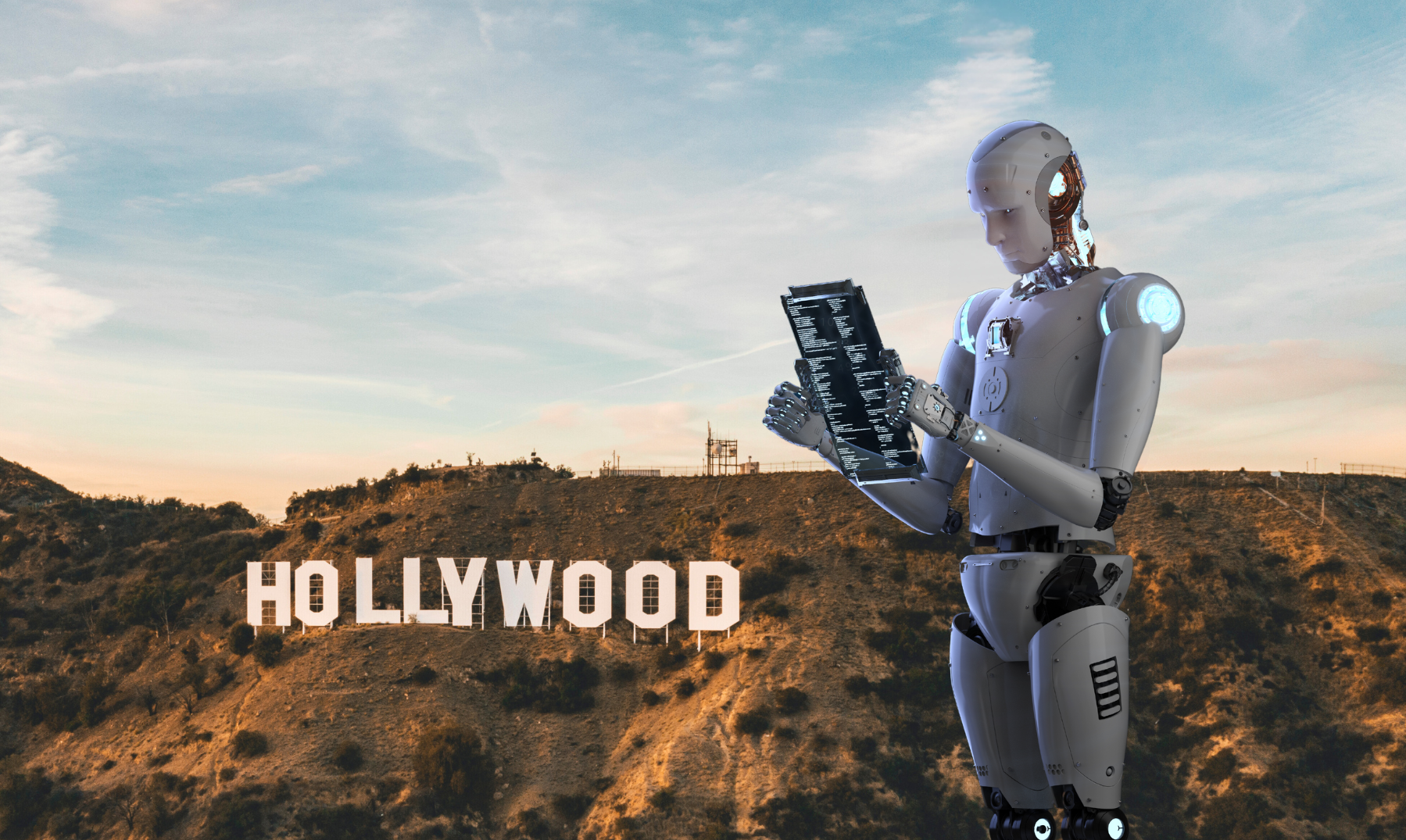OpenAI Sets Sights on Hollywood
OpenAI is meeting with key players in Hollywood for potential partnerships to integrate its new AI video generator Sora in entertainment and filmmaking.
OpenAI, the artificial intelligence startup behind the wildly popular ChatGPT, is setting its sights on the entertainment industry. Next week, OpenAI plans to convene with key players in Los Angeles, including Hollywood studios, media executives, and talent agencies. This initiative aims to foster partnerships within the entertainment industry and showcase the potential of its new AI video generator, Sora, to revolutionize content creation.
This recent endeavor by OpenAI is not its first engagement with the entertainment industry. Earlier conversations were initiated in Hollywood by Chief Operating Officer Brad Lightcap, who, along with his team, introduced the capabilities of Sora. This unreleased service can generate realistic-looking videos up to about a minute long based on text prompts, captivating the interest, as well as fear, of many within the Hollywood sphere. Even OpenAI’s Chief Executive Officer, Sam Altman, mingled in Los Angeles during the Academy Awards weekend, signaling the company's keen interest in the film and entertainment sector.
The introduction of Sora in mid-February, accompanied by high-definition clips, has drawn attention from both Hollywood and Silicon Valley. Although Sora remains unavailable to the public, access has been granted to select high-profile individuals in the industry, suggesting a strategic rollout aimed at integrating AI technology seamlessly into the creative process.
OpenAI’s approach to deploying AI advancements iteratively aligns with its broader strategy of ensuring safe implementation and fostering collaboration with artists and creatives. This approach reflects an awareness of the mixed reactions AI has elicited within Hollywood. On one hand, filmmakers and studios recognize AI’s potential in enhancing pre-production and post-production workflows. On the other, there is apprehension about the implications for jobs across various creative roles, from illustrators to voice actors. These concerns were underscored by last year's strikes by screenwriters and actors, which centered partly on safeguarding against the unfettered use of AI technology.
As OpenAI navigates these waters, it is mindful of the competitive landscape. Giants like Meta Platforms Inc. and Google have already showcased text-to-video research projects. Additionally, a cohort of AI startups, including leaders like Runway AI Inc., are advancing similar technologies, with applications ranging from previsualization and storyboarding to creating B-roll and visual effects for film editors.
Despite the competitive field and the ongoing debates surrounding AI in Hollywood, OpenAI's engagement with the movie business with Sora represents a pivotal moment. As the technology is still in the research preview stage, with pricing yet to be determined, the implications for the entertainment industry remain to be fully realized. However, OpenAI’s outreach and its collaborative approach suggest a future where AI could play a significant role in shaping the next generation of storytelling and film production, finding a balance between innovation and the industry’s creative and ethical considerations.

